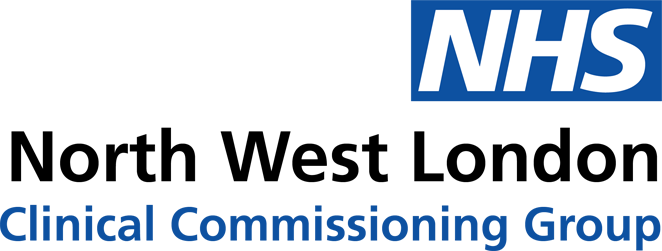Coronavirus pandemic: information for the public about changes to NHS services
Published on: 27th April 2020
NHS staff are working flat out to cope with an unprecedented health emergency. We need the public to help us by following our advice and using NHS services in the right way.
You MUST follow the government advice on hand-washing and stay at home unless you need to go out for essential reasons. If you have to leave your home, keep at least one metre, and ideally two metres, away from other people.
You can read the latest public health advice for you and your family here
We want to update you about changes we have had to make to NHS services, to help us deal with the coronavirus pandemic. These temporary changes will help us to focus all our efforts and resources in the best way to tackle the covid-19 outbreak.
GP services
Our GP practices are focused on helping their patients who have COVID-19 and are not operating normally, but are all open 8am-6.30.
If you think you have covid-19 symptoms, you should always use the 111 online service for advice. If you cannot get online, telephone 111. Do not go to your GP surgery as this may lead to the virus spreading further, including to practice staff.
If you need a GP appointment about another matter, you should stay at home and ring the practice in the first instance.
We are setting up special GP-run clinics in Brent, Ealing, Hammersmith and Fulham, Harrow, Hillingdon, Hounslow, Kensington and Chelsea and Westminster for patients who are experiencing symptoms of COVID-19 and need to see a doctor. Doctors from the local NHS will staff these clinics. More information about these clinics will be available very soon
We know that some GPs and their staff are likely to become unwell or to have to self-isolate. This will put general practices under pressure. To deal with this, local practices are working together in networks to support each other. It is possible that if you need to see or speak to a GP, you will be given an appointment with a different doctor or practice to the one you usually see.
Hospitals
Our hospitals are focused on treating people who have COVID-19. Do not go to hospital if you think you have COVID-19 symptoms. You should always use the 111 online service for advice. If you cannot get online, telephone 111. You should only call an ambulance in what you think is a life-threatening situation.
Operations and surgery that are not clinically urgent or emergencies are being delayed as we need our doctors and nurses to focus on dealing with the pandemic. We are sorry we have delayed treatment and hope to return to business as usual as soon as possible.
Our hospitals have dedicated areas for treating covid-19 patients, to keep them separate from other patients. The hospitals are working closely together so that if one hospital has a high number of cases, patients needing a bed may be transferred to another local hospital.
Hospital visitors
To help prevent the spread of infection, we are not currently allowing visitors in our hospitals except under very exceptional circumstances. Visitors will only be considered in exceptional circumstances, including:
- for a patient at end of life
- one regular carer for a patient with additional needs, such as a patient with dementia
- one parent/guardian for a child
- one birth partner.
Emergency care for patients who do not have COVID-19 symptoms
Emergency care for patients whose condition is serious but not related to COVID-19 will continue as normal. In a life threatening l emergency, you should call 999 as usual.
Outpatients
During this period, we will not be offering outpatient appointments except in the most urgent cases. The hospital will contact patients and some follow-up appointments may be by telephone.
How can you help?
We are grateful for your understanding of the pressures on the NHS in this difficult period.
The best way in which you can help is to follow the public health advice. Wash your hands regularly, every time you enter or leave your home, and at least once an hour. Avoid all unnecessary travel unless you are a critical worker. Work from home if possible. If you have to go outside for any reason, follow the guidance on social distancing. If you have symptoms of COVID-19, you must stay at home for at least 7 days. If a member of your household has been infected but you have not been, you should stay at home for 14 days.
Please also follow this advice on how to use NHS services. The 111 online service should be the first place you go for advice. https://111.nhs.uk/covid-19
Guidance is also available in other languages below:
- Arabic - Guidance for patients / Coronavirus visiting restrictions
- French - Guidance for patients / Coronavirus visiting restrictions
- Gujarati - Guidance for patients / Coronavirus visiting restrictions
- Polish - Guidance for patients / Coronavirus visiting restrictions
- Punjabi - Guidance for patients / Coronavirus visiting restrictions
- Somali - Guidance for patients / Coronavirus visiting restrictions
- Urdu - Guidance for patients / Coronavirus visiting restrictions








